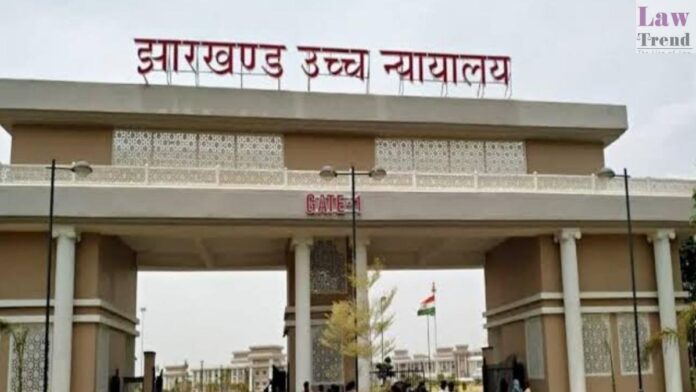The High Court of Jharkhand, in a significant ruling, has held that departmental proceedings against employees accused of serious misconduct like bribery can proceed concurrently with a criminal trial based on the same facts. A Division Bench comprising Chief Justice Tarlok Singh Chauhan and Justice Rajesh Shankar dismissed a batch of Letters Patent Appeals, thereby
To Read More Please Subscribe to VIP Membership for Unlimited Access to All the Articles, Download Available Copies of Judgments/Order, Acess to Central/State Bare Acts, Advertisement Free Content, Access to More than 4000 Legal Drafts( Readymade Editable Formats of Suits, Petitions, Writs, Legal Notices, Divorce Petitions, 138 Notices, Bail Applications etc.) in Hindi and English.




